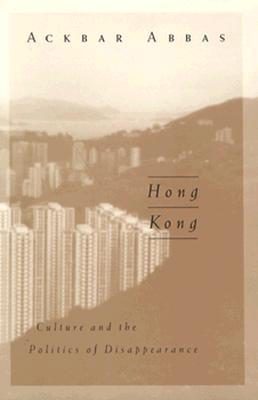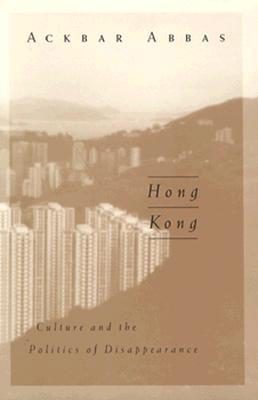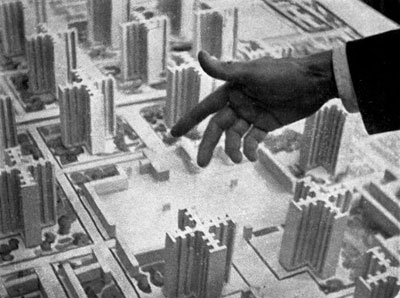[READING RESPONSE] Ackbar Abbas
Abbas’s critique on the “disappearance” in Hong Kong in “Hong Kong: Culture and the politics of disappearance” intrigues me to look at our cityscape in a different way. As Hong Kong paves it’s way for urbanisation due to it’s growing prosperity, many old heritage buildings are replaced with highrise buildings. As these historic buildings are taken down, many of the original features are demolished, and replaced with only a hint of the old remnants. Abbas’s critique that how preservation is posited on the disappearance of the historical site is worthy of a note. Does a “place” still hold historical/cultural value


